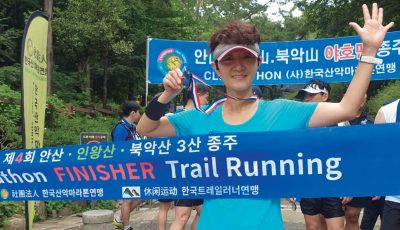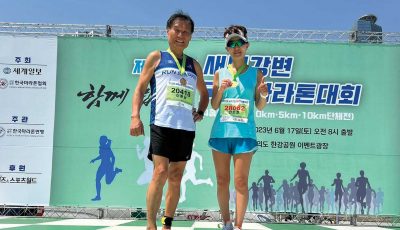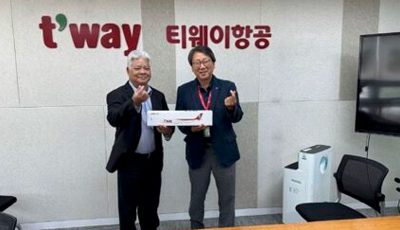UMC, Bill Cosby, and me
I shifted from civil to canon law in ‘65 after I bumped into Bultmann, Bonheoffer, Chardin, Tillich, Rahner, Kuhn, and the Niebuhrs. Though I grew up a pastor’s kid, there was no pressure to follow father’s footsteps. Customary to Pilipinos, one is sacrificed at the altar of sanctified poverty through Church ordination and my youngest brother had the honor. He did not expect his elder brothers to segue into pastoral theology, so by the time it was his turn, my mother said, “Enough.”
I became an earthrise glocal warrior (global in perspective, local in responsibility), a creature at the edge of my social time. I hied back to the Philippines to join the ongoing UMC renewal so that we can reformulate the world!
The idealism of youth was short-lived. Many in my denomination cared only to be a delegate to the U.S. General Conference, or be an Episcopal bishop. Daily pastoring to the realities of this world was peripheral. Oneupmanship was prevalent.
Pea Eye hosted U.S. air and naval bases, sending uniformed personnel to Korea and Vietnam. The UMC perfunctorily prayed for peace, but we were uppity American-led Protestants in a medieval Roman Catholic ocean and, as separated brethren in the faith, we treated Catholics, Muslims, Hindus and Buddhists as pests. Chiang’s Chinese did not count. They were Mao’s pagans and communists, below the human radar screen. Koreans and Japanese who converted were missionaries’ minions.
Colleagues polished and refurbished the image of Christ’s universal reign, or oiled the promise of upward bliss in the by and by. Inversely, my feet were grounded in mud, hands dirtied in the complex stew of human affairs, my gaze horizontal rather than heavenward. Mission moved to the global network of structural revolution, a long concrete march in the here-and-now attempted by of the Ecumenical Institute where I asked the UMC to have me assigned. EI’s engagement seared deep; we took turns on sabbatical.
I went back to UMC in Guam on my sabbatical where the community diplomatically told me that teaching at seminary was where I was best suited. That triggered my wandering into the ecology rhetoric of PCV, aka U.S. Peace Corps, USAID, World Bank and the ADB in Manila.
It was 1984, title of George Orwell’s dystopian novel, when The Bill Cosby Show upped NBC’s ratings. To understand how radical the show was, after two decades of the Civil Rights Act, Cliff and Claire Huxtable played by Bill Cosby and Phylicia Rashad became a throwback to a wholesome family of well-off parents with relatively level-headed children, a Hollywood stereotype, save this was an African-American family.
The global mission of EI collapsed in 1986. The center would not hold for 2,500-some “volunteers.” The group held each other accountable to their covenants, me on my marital fidelity. Arriving in San Francisco at the height of the Haight-Asbury love-in just after my teens, I took to habit Robert Heinlein’s grokking in his sci-fi novel Stranger in a Strange Land. Not wildly but frequent enough to be aberrant to the norm of religious clerics; it proved costly. Covenants dissipated.
At a PCV orientation for Muslim Mindanao in Zamboanga in the ’80s, I was taken by one trainee graduate of prestigious Quaker Elon College, a walk away from where I was previously a shade-of-color as associate in Muir’s Chapel, an all-white UMC in North Carolina. I took the lady trainee out to lunch.
I was not innocently flirtatious. But I was gallantly friendly to the opposite sex, though I previously labored promoting horizontal social relations in community development; I did not pay close attention to trainer-trainee relations. Being the training director, Reagan’s PCV country director’s feedback adjudged my taking a trainee out to lunch to constitute “abuse of power”!
Bill Cosby has contradictions. Attractive to ladies and admired by men, he was said to be thoughtful to those who warmed his bed (says bag man Frank Scotti); he also allegedly indulged in chemical stimulants, like the rest of the entertainment industry in his time. Ladies today, out of a more stringent standard of “abuse of power” a few years after the fact, accuse Cosby of having forcibly coerced them into submission to his will. The emotionally laden term is “rape.” The number of accusations and quality of confessions fall against Cosby’s favor. The Temple U grad and poster boy just resigned his seat in the boardroom.
Goodbye Immanuel UMC on Saipan came in 2003 after I self-defrocked. Funny Cosby is no longer funny, time for him to call it a night. (Joan Collins reveals that her first husband drugged and raped her when she was a 17-year-old virgin, married and divorced him four years later. Must be a post-WWII syndrome!) For those of us who still regard his fallen humanity as par for the course, he might just let Roseanne Barr make him the butt of her joke at her being bloodied after a tussle with Cosby.
I write, inter alia, of the “sins of this father.”



























